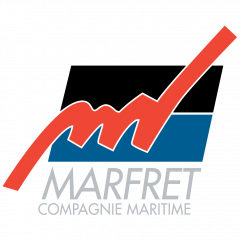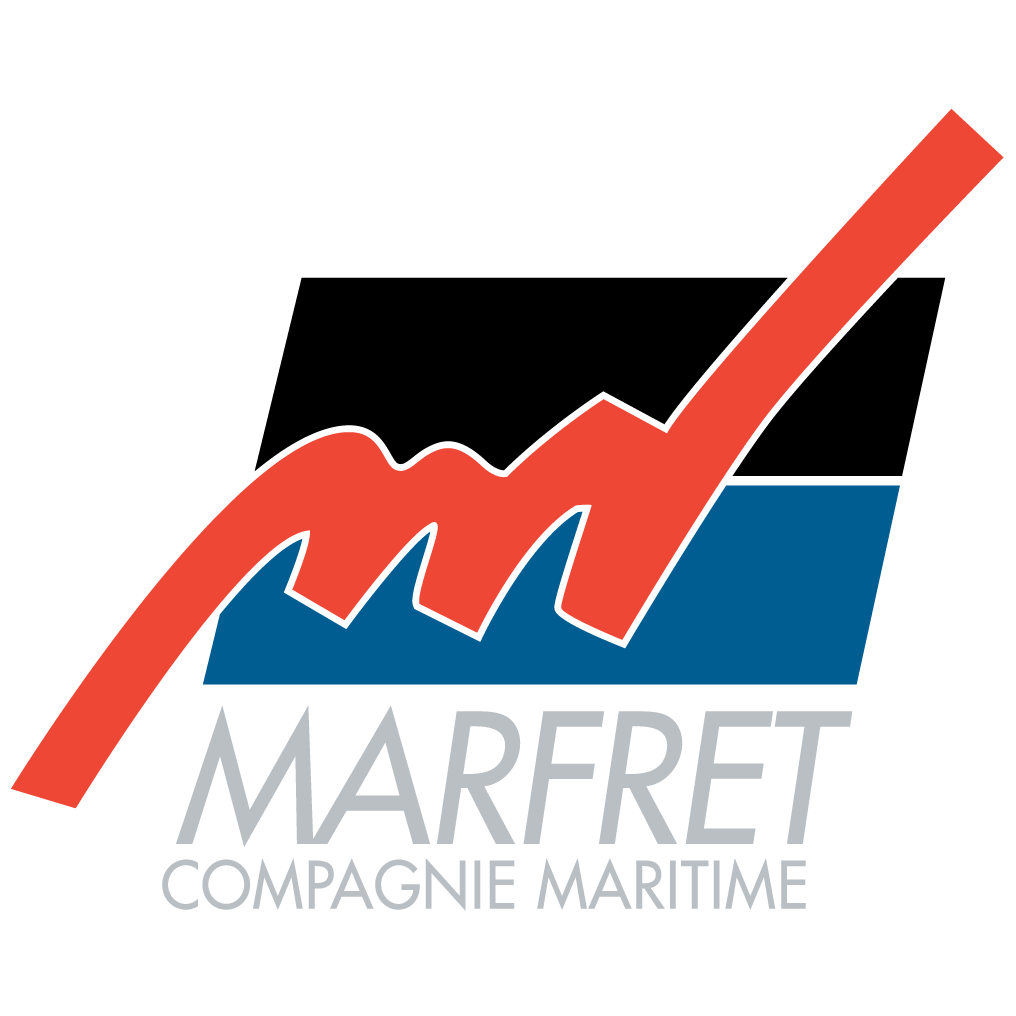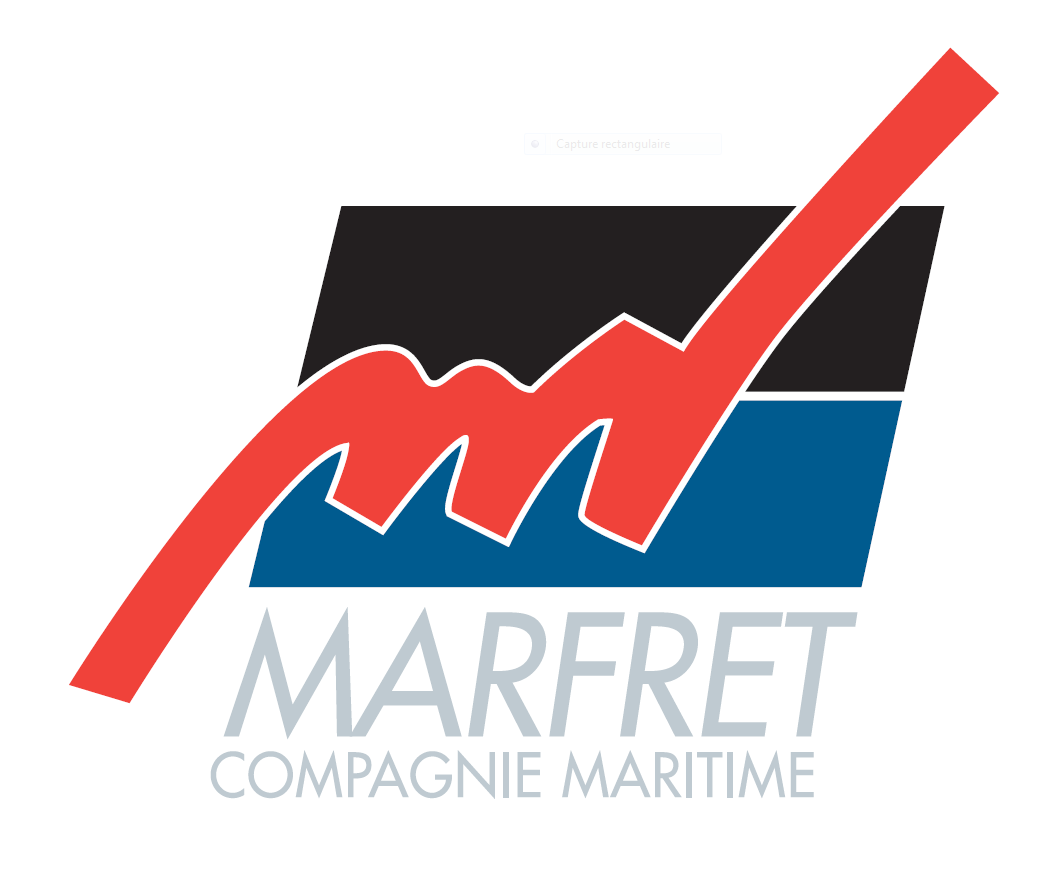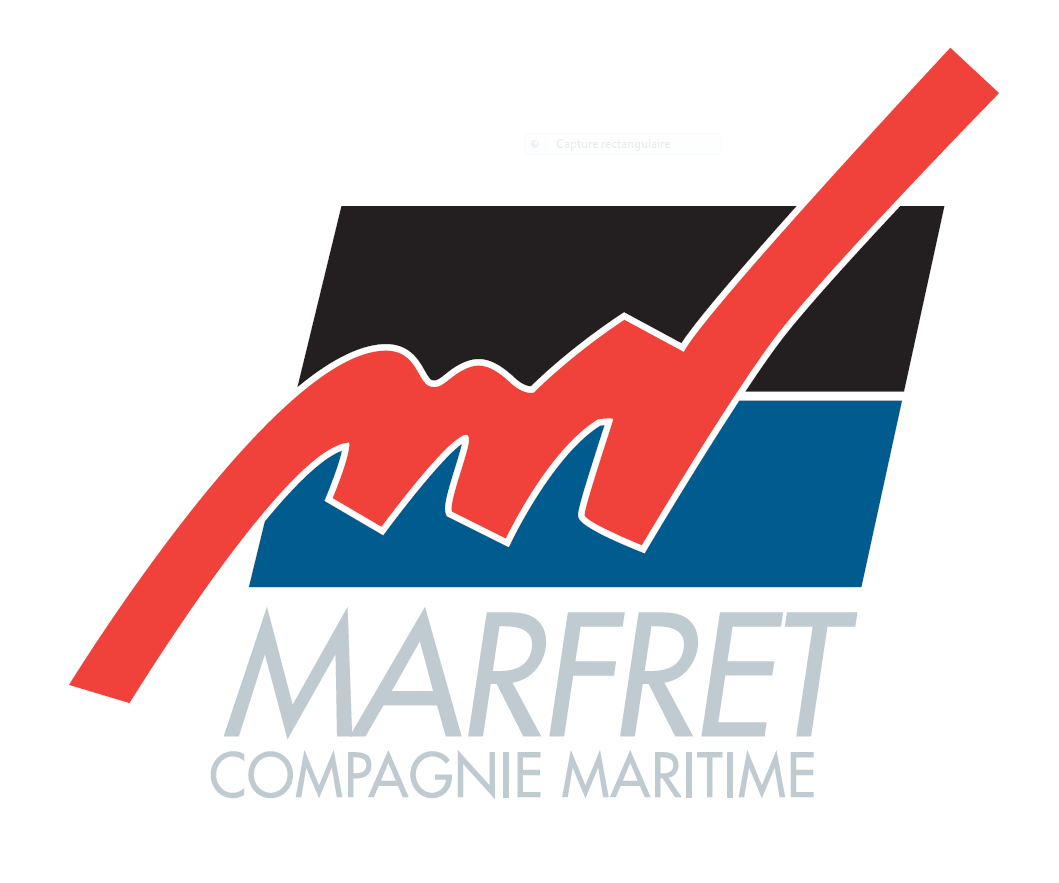Dear Customers,
As from January 1st 2024, all shipping activity within the European Economic Area will enter the European Union Emissions Trading Scheme (EU ETS). This reform represents a major change and a significant step forward in the fight against climate change.
The EU ETS is a carbon pricing mechanism set up by the European Union in 2005 to fight climate change. It aims to reduce greenhouse gas emissions by obliging all companies to purchase emission allowances, also known as “emission permits”, for each ton of carbon dioxide (CO2) they produce. The goal is to promote emission reductions by promoting energy efficiency and investment in cleaner technologies.
The maritime sector will be integrated into the EU ETS as from January 1, 2024, meaning that all ships calling European ports will be subject to the scheme. Shipping companies will have to declare their CO2 emissions and buy the equivalent in emission allowances on the EU ETS market. These allowances will be progressively reduced over the years, forcing the shipping industry to reduce its carbon emissions: 40% of CO2 emissions will have to be converted into allowances in 2024, then 70% in 2025 and finally 100% of emissions in 2026.
As a shipping company, we will be obliged to purchase emission allowances, which will result in additional costs linked to carbon pricing. The costs associated with purchasing these allowances, as well as the investments required to reduce our emissions, will increase our operating costs. The implementation of the EU ETS will consequently have an impact on our pricing, with the application on January 1st 2024 of an EU ETS surcharge, which amount will be advised early December.
We are determined to maintain the quality of our services while meeting our new obligations to reduce carbon emissions, and we thank you for your understanding.
Our teams remain at your disposal should you require any further information. Best Regards, MARFRET Marseille November 9th 2023



